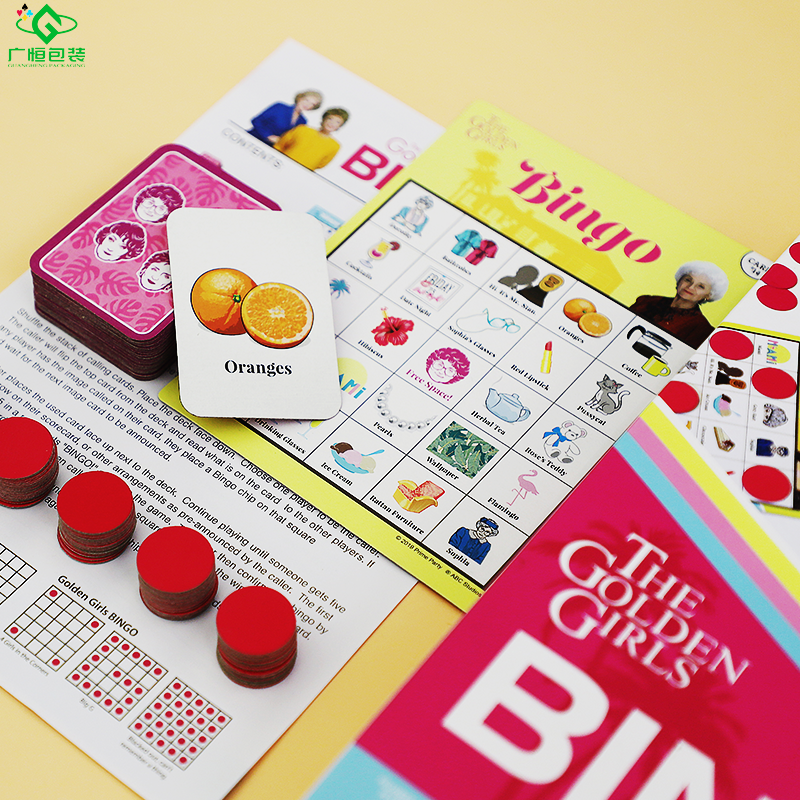Email format error
Email cannot be empty
Email already exists
6-20 characters(letters plus numbers only)
The password is inconsistent
Email format error
Email cannot be empty
Email does not exist
6-20 characters(letters plus numbers only)
The password is inconsistent

News
The Role of Board Games in the Social Development of Young Children
Throughout the ages, in any era, in any nation, in any country, in any region, there has never been a child who does not play games, and there is no child who does not like games. In terms of time, the history of the game is as old and long as the history of human society, and it runs through the entire history of the development of human society.

However, the long history of games and their extensive existence does not necessarily lead to the prosperity and development of game research. For thousands of years, due to the influence of traditional values and the limitations of historical conditions of social development, games have been considered to be contrary to children's learning and adults' work, incompatible, trivial, unimportant, and even regarded as A life-wasting activity to kill time.
Preschool children are in the period of transition from the natural person (living person) to social person, which is a key stage of social development. As the basic activity of preschool children, play is an important way of early social development, which enables children to acquire more knowledge to adapt to the social environment and attitudes and skills to deal with interpersonal relationships.
Tabletop board games provide opportunities for children to socialize
Games (and toys) are the medium through which preschoolers communicate. Through play activities, especially social play activities, children can communicate with their peers and form their social behaviors. This kind of interaction between children in the game constitutes the actual social network of children, so that children gradually become familiar with and understand the people and things around them, understand the thoughts, behaviors, wishes and requirements of themselves and their peers, and understand the thoughts and behaviors of others. and emotions, and gradually recognize the rules of communication between people. Learn interpersonal skills such as sharing with peers, mutual humility, and cooperation. For example, in the role game "Little Showman", children discuss and assign roles, some are cooks, some are policemen, some are teachers... Each child performs his own responsibilities and forms a small group of common activities. In the process, children learn to cooperate with each other and develop solidarity and friendly relationships among their peers.
In the game, sometimes there will be some disputes caused by the division of labor of toys or characters. For example, two people want to play with the same toy at the same time, they want to play with the toys in other people's hands, and other children want to play with their own toys. This requires children to learn to share toys with their peers, learn to negotiate with children, and be humbling with each other. Basic interpersonal skills such as politeness. Educational practice shows that through the education and guidance of adults, children can master these basic skills while playing. For example, they will borrow toys from others in a negotiated and polite tone, and when others give them, they will say thank you; they are willing to play with other children with their favorite toys, and do not monopolize toys, etc.
Conclusion
If you are looking for a Design Board Game supplier,Cardboard Board Game Printing supplier,Board Game supplier, we hope we will be your best choice.

